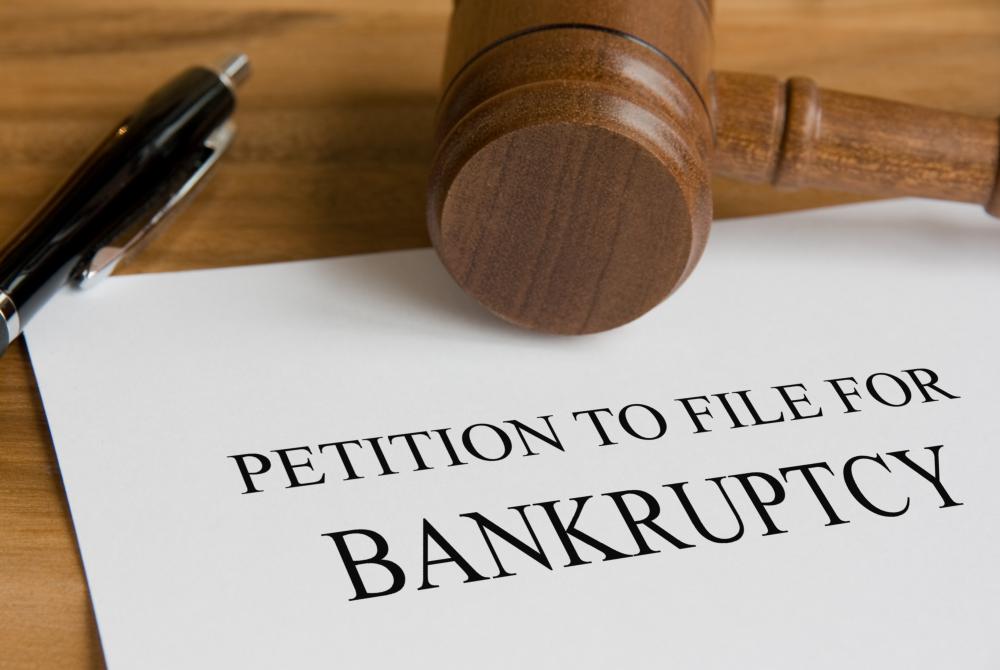At WiseGEEK, we're committed to delivering accurate, trustworthy information. Our expert-authored content is rigorously fact-checked and sourced from credible authorities. Discover how we uphold the highest standards in providing you with reliable knowledge.
What Is a Co-Debtor?
A co-debtor is a party who shares responsibility for a debt and can be liable if the other party does not pay or files bankruptcy. The co-debtor must agree to the shared responsibility and cannot be added to a debt without consent or prior arrangement. The identity of all debtors can be important in the event of collection proceedings, and people should think carefully before agreeing to take on liability for a debt, even if they think it is unlikely that the original debtor will renege on obligations.
Loans may require a second party if the applicant does not have enough of a record. Parents often serve as co-debtors on student loans, for example, because college students do not have an established credit history and are an unknown risk. The lender wants to increase the chance of getting the money back, so it requests a co-signer on the loan. Likewise, people who are poor credit risks may seek a partner for a debt to access better interest rates and terms.

Under the terms of the debt agreement, the primary debtor is responsible for repayment, but if the payments stop or a problem arises, the creditor can seek out the co-debtor. In the event of a default, the co-debtor is responsible for the balance of the debt. This can be extremely risky with a mortgage or other large loan, as the co-debtor may not have access to the funds to pay it off.

In some types of bankruptcy proceedings, creditors can immediately contact co-debtors and demand that they assume the loan. With others, as long as the debtor makes and keeps a repayment plan, the co-debtors will not be responsible. In the United States, for instance, chapter 13 bankruptcy provides a co-debtor stay, preventing creditors from going after other parties to a loan. Only if the bankrupt party fails to uphold a payment agreement can they take action to recover the debt.
When asked to become a legal co-debtor, it is important to think carefully. Legal responsibility for a loan can become a serious problem. If the borrower defaults, the co-debtor may run the risk of being on the hook for repayment. Failure to pay can result in a black mark on the credit record. It is reasonable to ask the borrower for proof of income and support, to demonstrate that the risk of default is low, and the loan will probably be repaid.
AS FEATURED ON:
AS FEATURED ON:












Discuss this Article
Post your comments